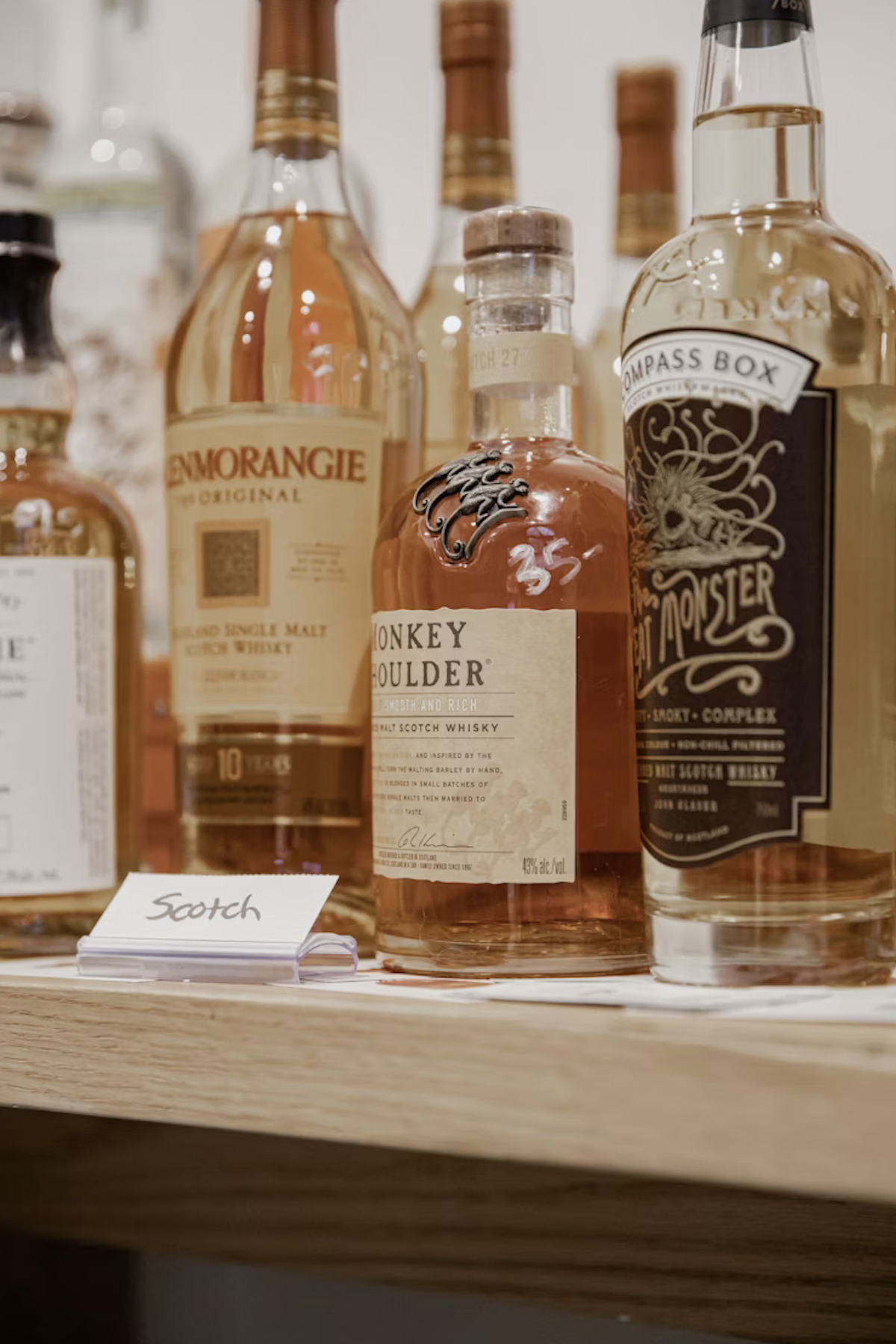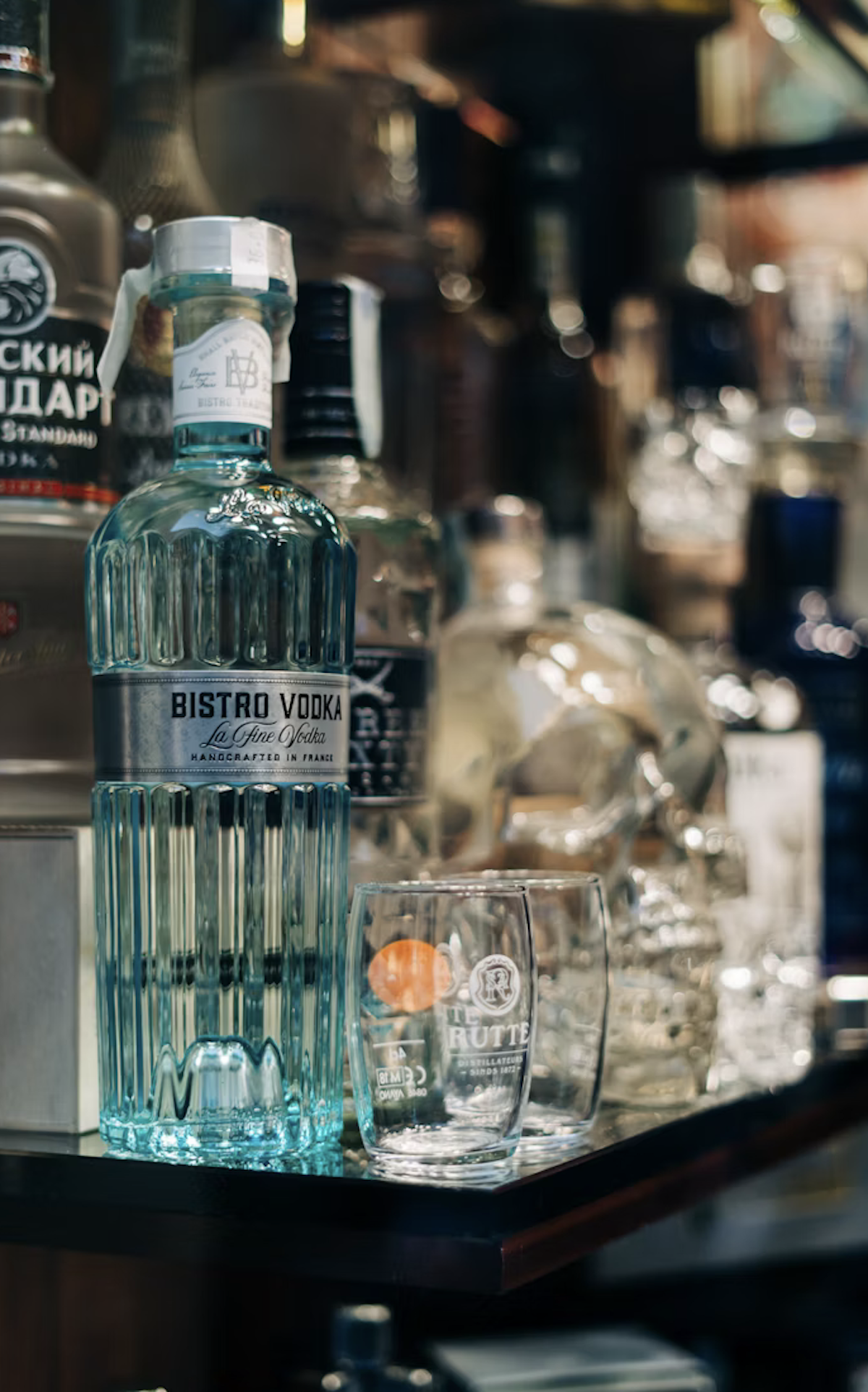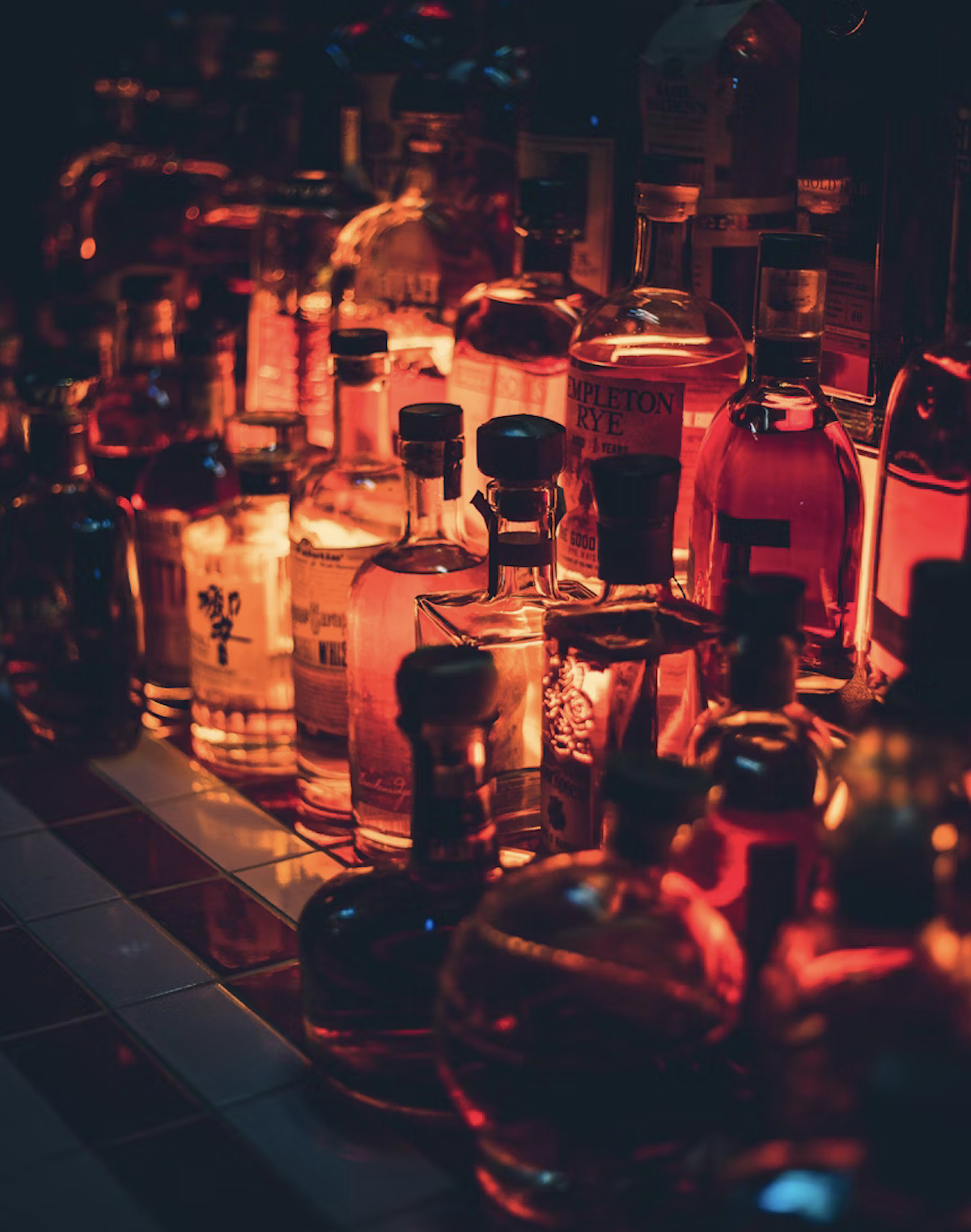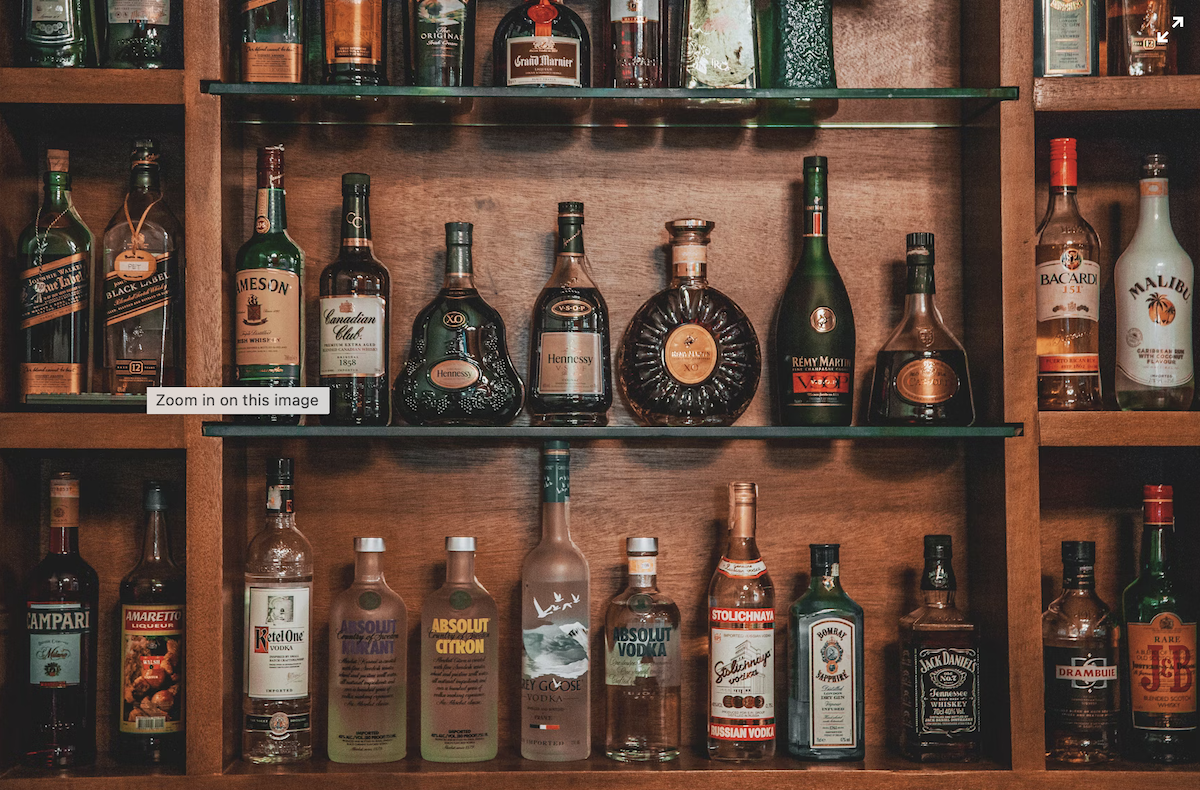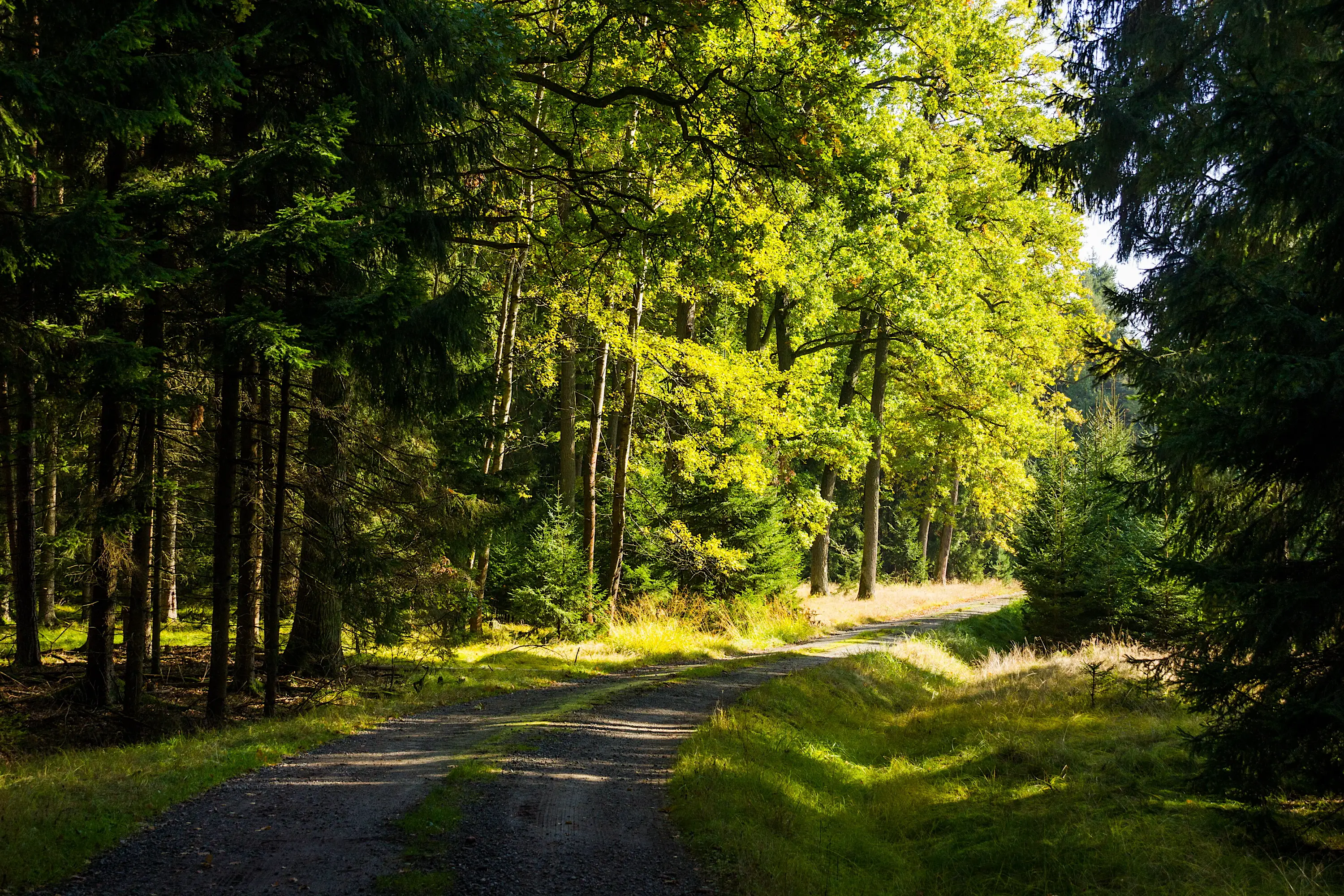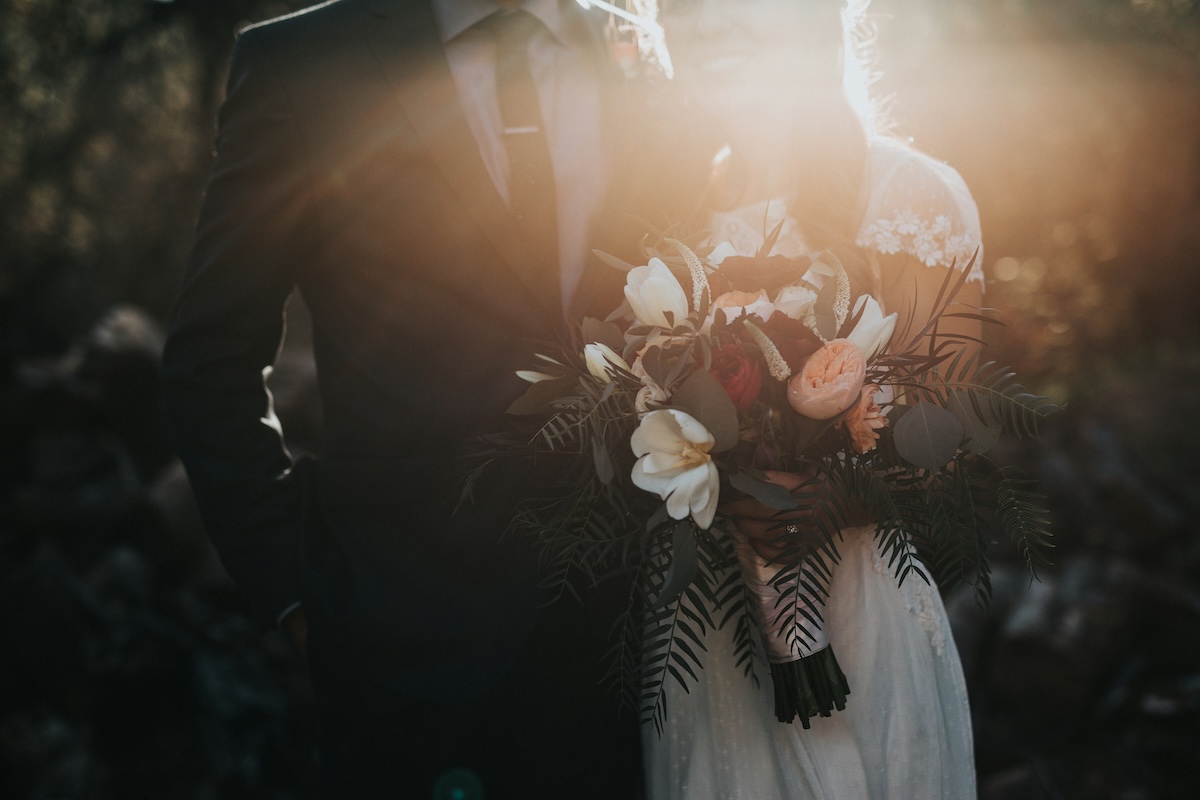
How to Calculate Alcohol for Your Wedding: A Complete Guide to Bar Packages
Learn exactly how much alcohol to buy for your wedding with our complete bar package calculator guide. From beer and wine quantities to full bar setups, get expert formulas, serving sizes, and budgeting tips to ensure your reception stays perfectly stocked.
Planning the bar service for your wedding involves more than just picking your favorite drinks. Getting the calculations right ensures your guests are well-served throughout your celebration while helping you stay within budget.
The Essential Formula for Wedding Alcohol Calculations
The wedding industry standard suggests planning for one drink per guest per hour of your reception. However, consumption patterns typically vary throughout the event.
Expect higher consumption during the first hour (1.5-2 drinks per guest) as guests arrive and socialize during cocktail hour, then approximately one drink per hour for the remainder of your reception.
For a typical 5-hour wedding reception with 100 guests, you'd calculate:
- First hour: 150-200 drinks
- Hours 2-5: 400 drinks (100 guests × 4 hours)
- Total: 550-600 drinks
This baseline helps determine your overall needs, but several factors can adjust these numbers up or down.
Key Variables That Affect Your Calculations
Guest Demographics and Drinking Habits
Your guest list composition significantly impacts consumption. Consider the mix of light, moderate, and heavy drinkers among your attendees. A younger crowd might favor beer and cocktails, while an older demographic might prefer wine. Cultural backgrounds and time of day also influence drinking patterns, afternoon weddings typically see lighter consumption than evening celebrations.
Seasonal and Weather Considerations
Summer weddings often require more beer and white wine, while winter celebrations see increased consumption of red wine and darker spirits. Outdoor venues in warm weather can increase overall beverage consumption by 10-20%.
Event Duration and Format
Beyond the standard reception timeline, factor in:
- Cocktail hour (typically adds 1-2 drinks per person)
- After-party hours
- Whether you're serving alcohol during dinner only or throughout dancing
Understanding Servings Per Container
Accurate planning requires knowing standard serving sizes:
Wine (750ml bottle): 5 servings (5 oz pours) Champagne (750ml bottle): 6-8 servings (4-5 oz for toasts) Beer: 1 serving per 12 oz bottle/can; 24 per case Spirits (750ml bottle): 14-18 mixed drinks (1.75 oz per cocktail) Beer Keg (5 gallons): 53 servings (12 oz pours)
Types of Wedding Bar Packages
Open Bar
The most generous option, allowing guests unlimited access to all beverages throughout your event. While this creates the most hospitable atmosphere, it's also the most expensive option and can lead to overconsumption if not properly managed by professional bartenders.
Limited Bar
Offers specific selections—typically beer, wine, and select spirits or signature cocktails—either throughout the event or during designated times. This option balances hospitality with budget consciousness while naturally moderating consumption.
Consumption Bar
With this pay-per-drink model, you're billed based on actual consumption. Costs typically range from $7-10 per beer to $10-15 per cocktail. While this can be cost-effective for events with light drinkers, expenses can become unpredictable with a party-loving crowd.
Bar Package (All-Inclusive)
A flat per-person fee covers unlimited drinks for a set duration. Industry pricing typically ranges from $45-65 per guest, depending on the selection tier and event length. This option provides predictable budgeting and works well for longer receptions.
Cash Bar
Guests pay for their own drinks. While this eliminates bar costs for the couple, it's often considered inhospitable in many regions and social circles. If budget constraints make this necessary, consider offering wine and beer during dinner as a compromise.
Creating Your Wedding Bar Shopping List
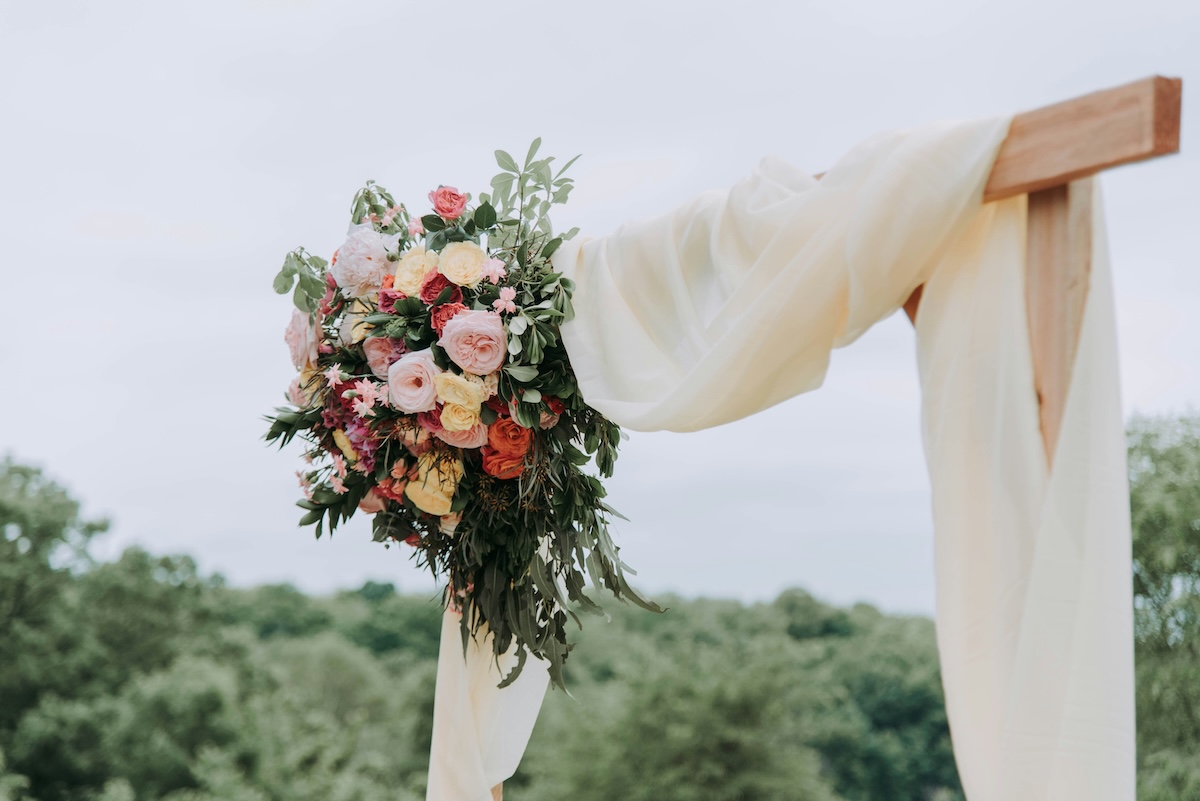
For a Full Bar Setup
Alcohol:
- Wine: 50% of total alcohol (split evenly between red and white)
- Beer: 20% of total alcohol (2-4 varieties)
- Spirits: 30% of total alcohol (vodka, gin, whiskey, tequila, rum)
- Champagne for toasts (1 serving per guest)
Mixers and Garnishes:
- Juices: orange, cranberry, pineapple
- Sodas: cola, tonic water, club soda, ginger beer
- Fresh garnishes: lemons, limes, olives, cherries
Non-Alcoholic Options:
- Bottled water
- Assorted sodas
- Sparkling water
- Fresh juices
Sample Calculation for 100 Guests
Using the standard formula for a 5-hour reception:
- Total drinks needed: 500-600
- Wine: 250-300 servings = 50-60 bottles
- Beer: 100-120 servings = 5-6 cases
- Spirits: 150-180 servings = 10-12 bottles
- Champagne toast: 17 bottles
Professional Bar Service Considerations
While DIY bar service might seem cost-effective, professional bartending services like Party Liquor provide crucial advantages.
TIPS-certified bartenders ensure responsible service, managing consumption levels and protecting you from liability concerns. Professional services also handle the logistics of ice, glassware, setup, and breakdown, allowing you to focus on celebrating.
With over 25 years of experience in Colorado weddings and events, Party Liquor offers unlimited bar packages, meaning you'll never run out during your event. Their customizable packages can accommodate specific brand preferences, signature cocktails, and multiple bar setups for larger venues.
Budgeting Guidelines
Industry standards suggest allocating 20% of your total wedding budget to bar service and beverages. This typically translates to $45-70 per guest, depending on your package selection and local market rates. Remember to factor in:
- Service fees and gratuity (usually 18-25%)
- Delivery and setup charges
- Equipment rentals if not included
- Liability insurance
Making It Personal
Consider incorporating signature cocktails that reflect your story as a couple or complement your wedding theme. These special touches don't significantly impact your calculations, simply subtract one hour from your standard formula, assuming each guest will try the signature drink during cocktail hour.
Final Planning Tips
Start your bar planning 6-12 months before your wedding to ensure vendor availability and better pricing.
Use online calculators from wedding planning sites for quick estimates, but always round up by 10% to ensure adequate supply. Check with your venue about corkage fees, permitted serving areas, and any restrictions on alcohol service.
Most importantly, discuss return policies for unopened bottles with your supplier and understand local laws regarding leftover alcohol. Some states allow couples to keep unopened bottles, while others have restrictions.
By understanding these calculations and working with experienced professionals, you can create a bar service that keeps your guests happy while respecting your budget.
The key is finding the right balance between generosity and practicality, ensuring your celebration flows as smoothly as the drinks you're serving.
FAQs on Bar Packages
How much alcohol should I buy for 150 wedding guests?
For a 5-hour reception with 150 guests, plan for approximately 750-900 total drinks. This breaks down to roughly 75-90 bottles of wine, 7-8 cases of beer, and 15-18 bottles of spirits for a full bar. Add 25 bottles of champagne if you're doing a toast.
Is it cheaper to do a consumption bar or package deal?
Package deals ($45-65 per guest) offer predictable costs and work best for longer receptions or heavy-drinking crowds. Consumption bars ($50-70 per person average) can save money with light drinkers or shorter events but costs can spiral if guests drink more than expected.
What percentage of wedding guests actually drink alcohol?
Industry estimates suggest 75-80% of adult guests will drink alcohol at a typical wedding. However, this varies significantly based on your crowd's demographics, time of day, and cultural factors. Always provide ample non-alcoholic options for the 20-25% who don't drink.
Can I return unopened bottles after my wedding?
This depends on your state laws and vendor policies. Some suppliers offer buy-back programs for unopened bottles (typically at 10-20% restocking fee), while others have no-return policies. Always clarify this before purchasing and keep receipts for any eligible returns.
Should I serve hard liquor or stick to beer and wine only?
Beer and wine only can reduce costs by 30-40% and naturally limits consumption. However, many guests expect full bar service at evening receptions. Consider your crowd and formality level, cocktail-loving guests may be disappointed without spirits, while afternoon garden parties often work perfectly with just beer and wine.

